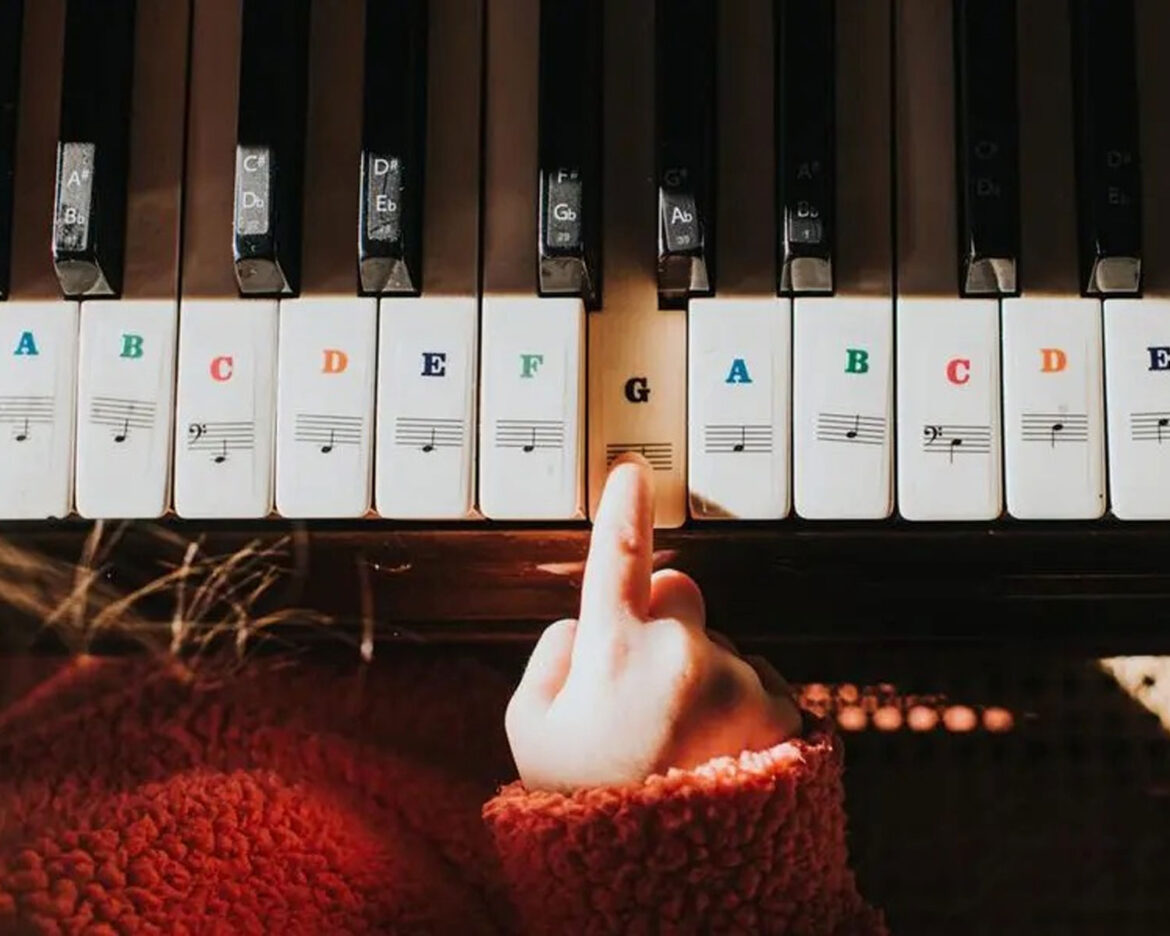Riyadh, Saudi Arabia – In a groundbreaking move, Saudi Arabia has announced the integration of music education into its national curriculum, marking a significant shift in the country’s educational and cultural landscape. As part of the initiative, the government has hired 9,000 female music teachers to lead the program in schools across the kingdom.
This historic decision aligns with Saudi Arabia’s Vision 2030, a broad reform plan spearheaded by Crown Prince Mohammed bin Salman, which aims to diversify the country’s economy, promote cultural growth, and expand opportunities for women in the workforce. The inclusion of music education in schools is seen as a pivotal step towards fostering creativity, enhancing the arts, and providing a more well-rounded education for Saudi students.
The newly appointed female music teachers will be responsible for educating students in various musical disciplines, from classical Western music to traditional Saudi and Arab music. The initiative seeks to provide students with a global perspective on music while honoring the country’s rich cultural heritage.
Empowering Women in Education
The hiring of 9,000 female teachers for the program is a key component of the government’s ongoing efforts to empower women in Saudi society. Women have made significant strides in education, business, and the arts in recent years, and this initiative is expected to open up even more avenues for female professionals in the country.
“Music is a universal language that transcends borders, and we believe it will play a vital role in the personal and intellectual growth of our students,” said Dr. Sarah Al-Fayez, Minister of Education. “By bringing music education to our schools and involving a talented, qualified team of female educators, we are setting the stage for a brighter and more inclusive future.”
A Shift in Cultural Attitudes
The move to introduce music education comes after years of gradual cultural shifts in Saudi Arabia, where traditional norms have been evolving under Crown Prince Mohammed’s leadership. The country has opened its doors to public concerts, entertainment festivals, and cinemas, which were previously restricted for decades. The inclusion of music in schools is seen as another step towards expanding cultural and creative expression.
Music education advocates believe this initiative will not only enrich the lives of students but will also help foster an appreciation for different cultures, improve cognitive skills, and provide a new outlet for self-expression.
Looking Ahead
As the program rolls out in the coming months, Saudi Arabia is expected to continue expanding its focus on the arts, with additional investments in music, theater, and other creative fields. The government has expressed its commitment to building a dynamic, knowledge-based economy, where the arts play a central role in the development of young minds.
In the words of Crown Prince Mohammed bin Salman, “We are shaping a future where creativity and innovation are at the heart of our society, and where our children are equipped to thrive in a rapidly changing world.”



